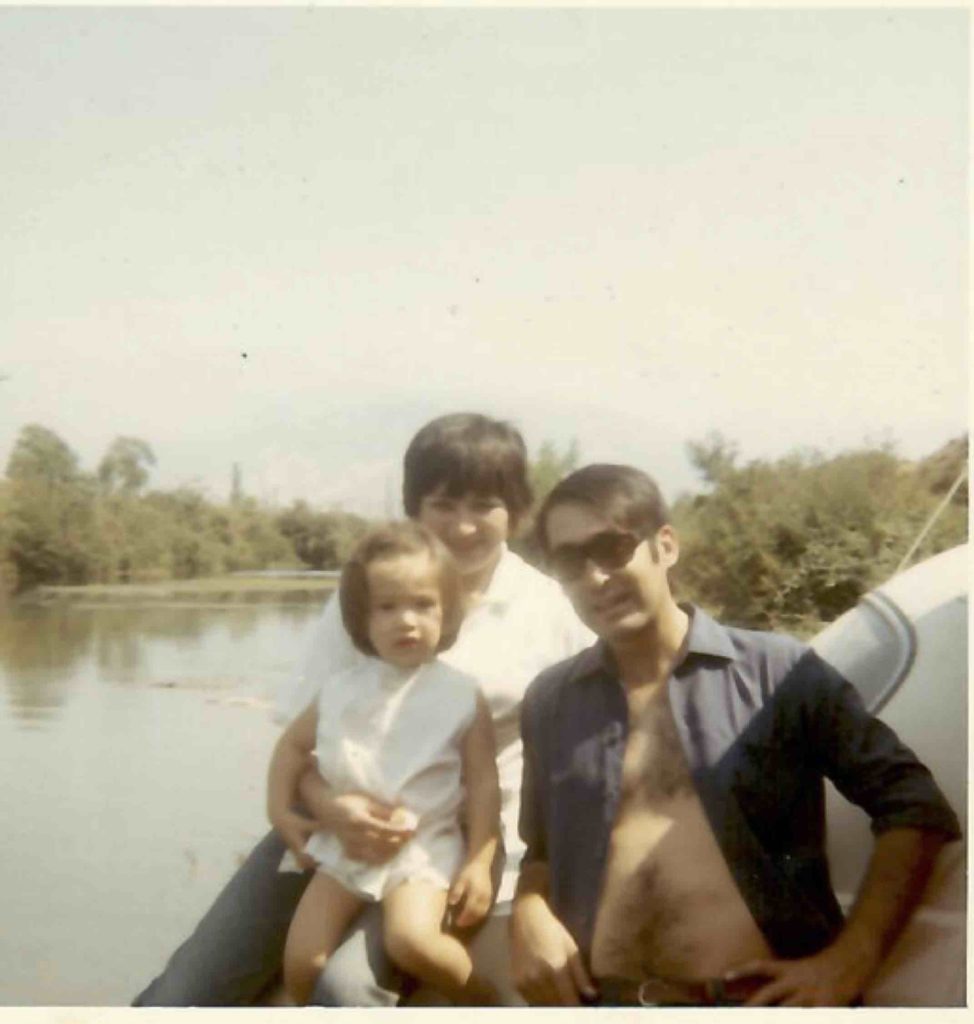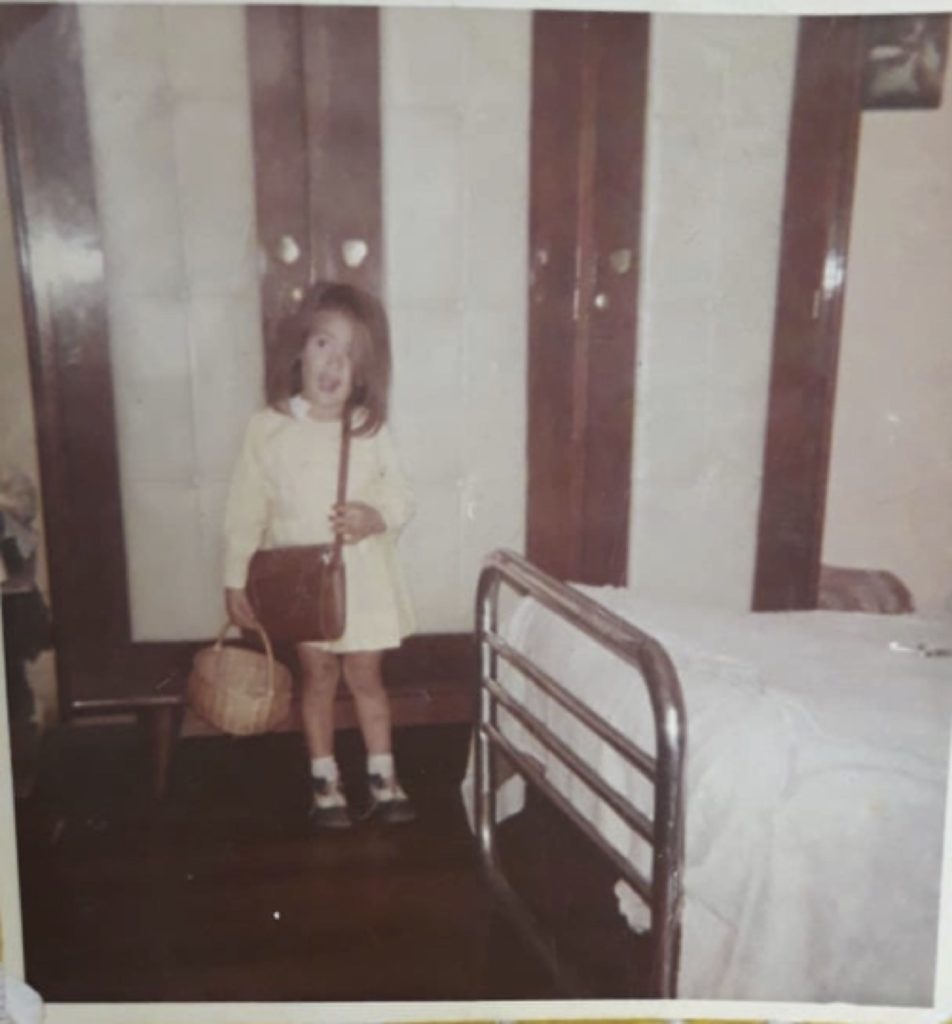I was born in Chile, a country where between 1970 and 1973 there was an elected socialist government. This kind of regime was a novelty because until then, all socialist countries had come to power through violent means and many of them became totalitarian societies controlling their populations’ most intimate practices.
It was through such violence that the democratically-elected socialist government of Chile was overthrown. The coup d’état of Tuesday, September 11, 1973 (Chilean 9/11) established a dictatorship led by the military and supported by powerful and wealthy elites.

The socialist government, led by Salvador Allende, had nationalized certain sources of wealth, including the country’s largest copper mine, whose profits would benefit mostly poor Chilean families. They also established a series of social policies similar to what is (or was) known in Europe as the welfare state. Such redistributive measures were considered too radical. It threatened the interests of the elites.
This right-wing dictatorship lasted 17 years, from 1973 to 1990. During this period, the main geopolitical issue was centered on the Cold War rather than globalization such that threats were not seen as global, but coming only from the enemy camp. In Chile, the enemy was “the communist” and the enemy could be a unionized school teacher or a hardened militant. The regime persecuted, tortured, and killed thousands of people—women, men, and even children. In the Cold War, the competition between the blocks was ideological, economic, and technological and particularly manifested itself in the nuclear arms race and the space race.
In Chile, a small country at the edge of the world, we celebrated the US feat of 1969: landing on the MOON!!!!! And this is the world in which I grew up. When I was 6 years old, I attended a small primary school a few blocks from my home in Santiago, Chile. The teacher, who was a big, strong woman with a hoarse and imposing, but also tender voice, told us to prepare ourselves for a great adventure and to take everything necessary for a trip to the moon! I prepared a bag with food, toys and a pillow. I was so fascinated with the idea of going to the moon that the night before, I couldn’t sleep. The long-awaited day finally arrived. I said goodbye to my parents and, as usual, they said, “take care”. I went to school early with a pillow almost as big as myself. It was a hot summer day and there was a lot of light coming in through the windows. The teacher told us to rest our heads on our desks, close our eyes and picture what she was going to describe, step by step. I was confused and wondered if we were really going to the moon or not. So I concentrated and started to travel. The most difficult part was trying to move across the earth with my body! As it turned out, this is how we traveled to the moon, with our imagination.

Disappointed, angry, and sad, I went home crying and told my mom that the trip to the moon was actually a lie, that we had not gone to the moon, and that we had not even left the classroom. A few years later, in the 1980s under the dictatorship, I began using my imagination to travel since I spent most of my time at home or in school, rather than outside. The first thing I heard at home after getting up at 7:00 a.m. in order to get ready for school was Radio Cooperativa. It opened with fast-paced, frantic, and alarming music and made me feel that something bad was going to happen soon.
The first time I heard the phrase “Jornada de Paro Nacional” (National Strike Day) was on this radio station. I didn’t quite understand what that was or meant. At night, people began to pass through the streets of my neighborhood. I only saw what the window allowed me to see. There was intense noise, as people shouted while hitting pots and pans.
There were also explosions, after which my mother would tell me and my sister to leave the window, saying that it was dangerous, that the military was in the streets, and that those explosions were gunshots. During these moments, I remembered the nights- a few years earlier- that I had spent with my mother, my sister and the dog under the table, while my mother insulated the house with mattresses. I remembered the noise of helicopters machine-gunning the neighborhood, the house, and the courtyard.
I imagined that I was going through the door of the house, out into the street, and screaming with the adults. On quieter days, without “National Strike Day”, there were often electricity cuts and everything was dark and silent. In the darkness, I imagined that I was travelling, not to the moon, but to other countries. I had drawn a world map and with it I imagined crossing the mountains and the sea of my country and going to distant places.
